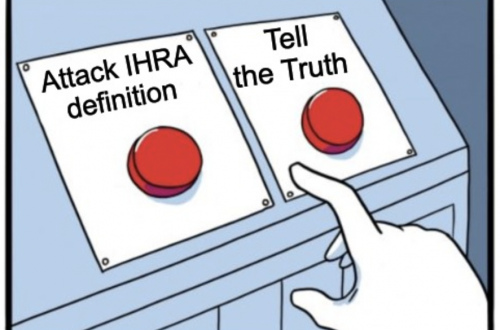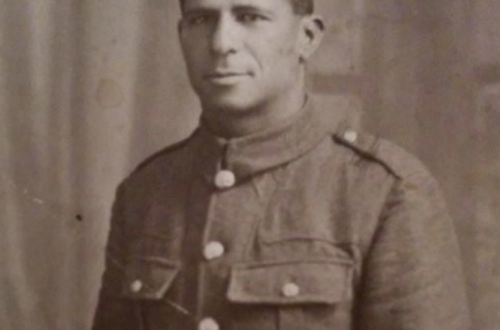It is not clear after the latest setback in Jonathan Trott’s recovery whether he is suffering from anxiety, burnout or depression. What is clear is that (despite some contestations to the contrary in his recent interview with Sky Sports) Trott is not in a good place mentally now.
Surprisingly though, people’s responses to Trott’s travails (led by people who really should know better including Michael Vaughan) have been less than sympathetic to say the least, in fact quite the opposite. Vaughan said he felt conned, and some have complained that he is letting the side down. Even if, as he said in the interview, he was suffering from burnout this is still a form of mental illness and so shouldn’t be treated as something trivial. That it elicited such responses on twitter and elsewhere shows that, for some, mental illness is a form of weakness and amounts to letting people down. It’s no wonder, with this response being prevalent today, that people who suffer from any form of mental illness find it hard to be honest about it.
Why then am I giving my opinion on this and adding my voice to the number of commentators sticking their oar in on what is currently happening to the Trott? The simple truth is that I unfortunately have experience of a form of mental illness in depression and whilst I don’t know precisely Trott’s situation, what I do know is that we need to be supporting him in his travails, not kicking the boot in. One of the hardest things about having a mental illness is being completely open about it and telling friends and family. This is because you feel like a failure and that if you say anything you will be seen as weak and pathetic. Thankfully when I told friends and family I was given the support I need. It will never go away fully though and learning to cope with it is something I still need to get better at.
For me watching Jonathan Trott’s documentary was harrowing. Whilst I claim to be no expert on mental illnesses, having suffered from it I can tell recognize the signs. Despite his claims to his contrary, by his mannerisms I could tell that he was not fully over the illness. Unfortunately events this week have proven me right. What needs to be remembered though, is this is not Trott’s fault. Talking at all about suffering from a mental health illness is hard enough, being totally honest about it is an even bigger step. That some people’s first reaction was to have a go at him, means the fight against discrimination towards those suffering from mental health issues goes on.
To conclude: mental health illnesses don’t respect race, religion, creed, wealth or your job. The idea expressed by a minority that because he’s playing the sport he loves he shouldn’t have such problems is far from the mark. In time I hope to see people treating mental health issues as seriously as any other illness and injury. Perhaps when that happens people in my situation won’t find it so hard to open up about it and will get the help they need earlier. Right now though some people need to change their attitudes and support Trott in his fight to get better. As someone who knows about the black hole of mental illness I certainly wish him all the best.
The author would like to remain anonymous.


